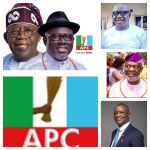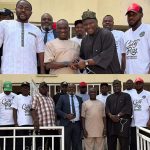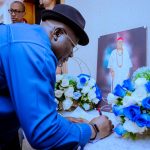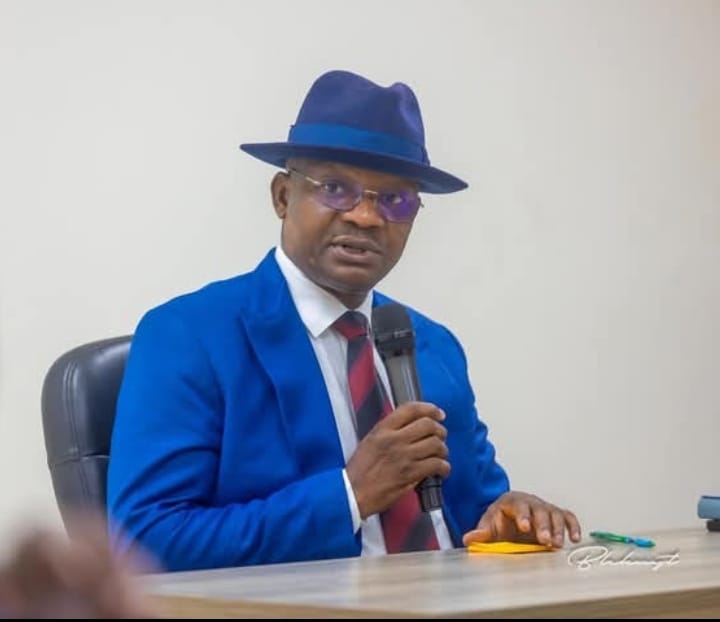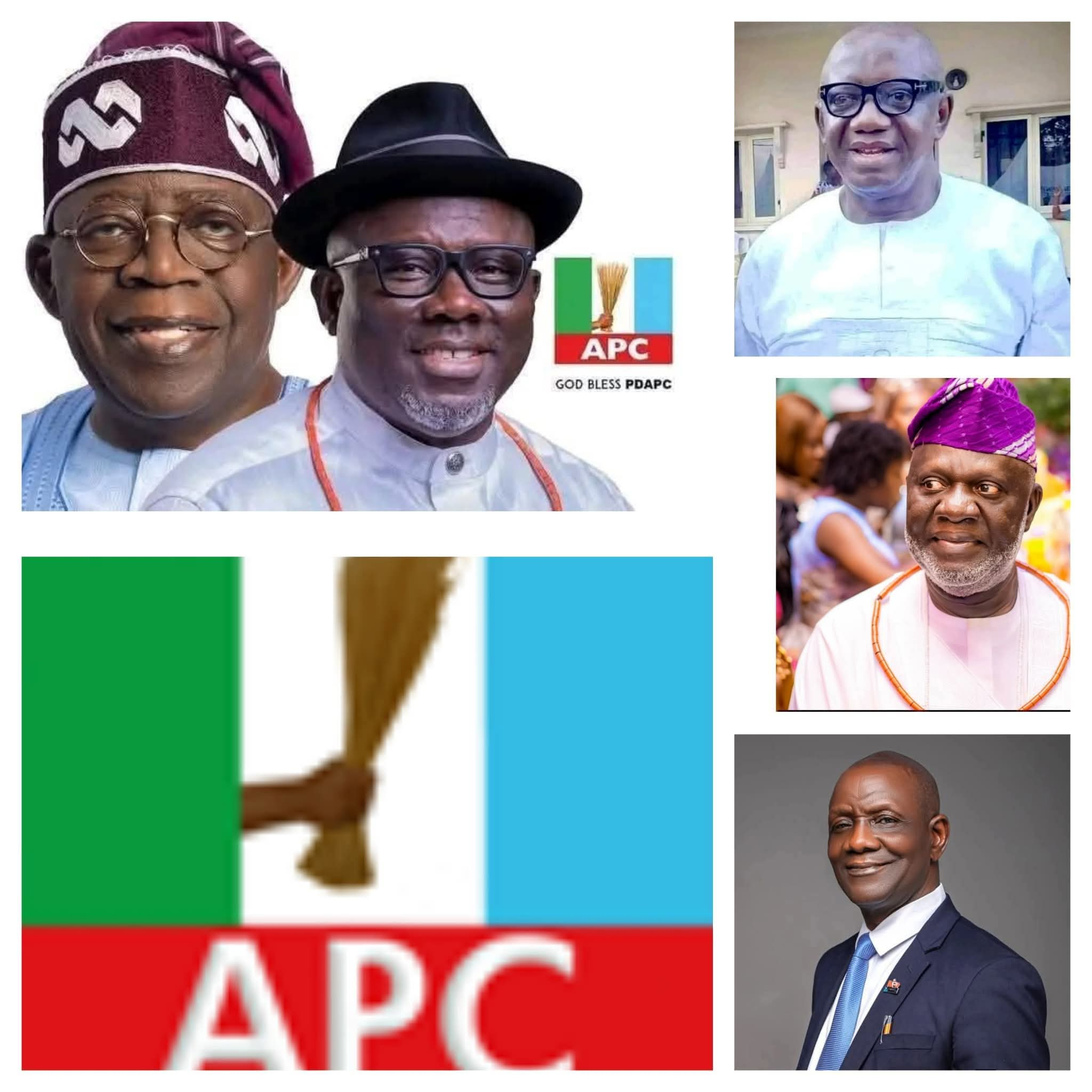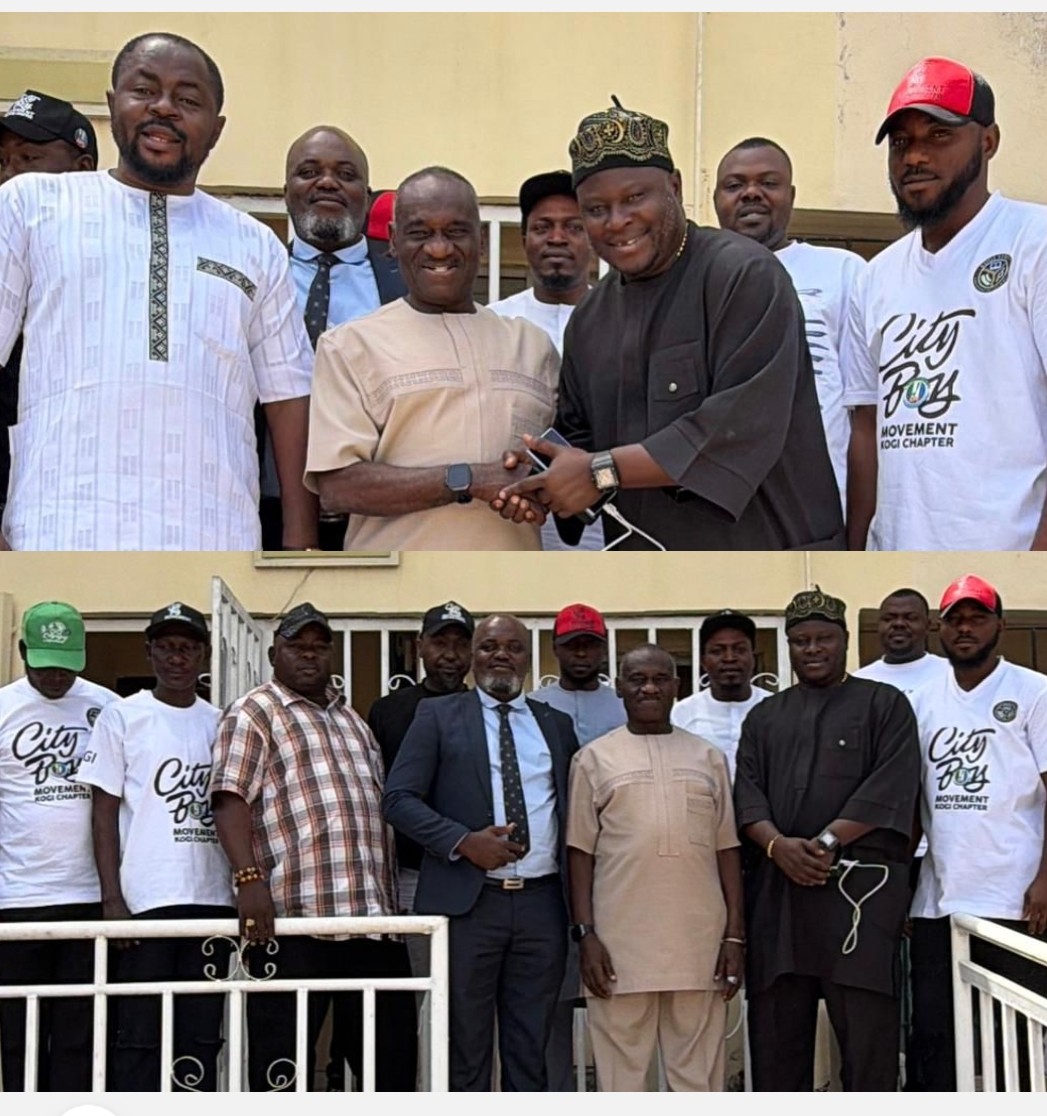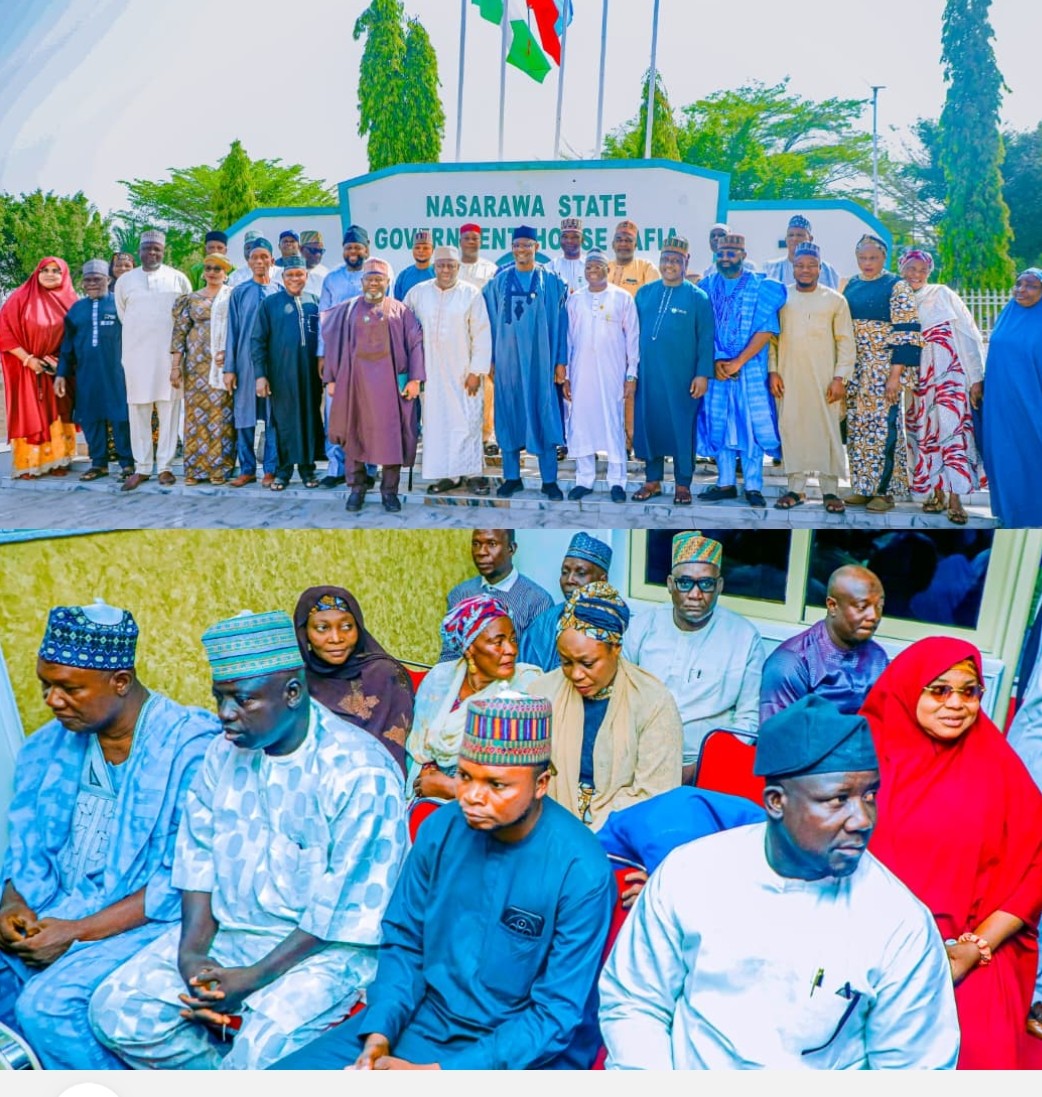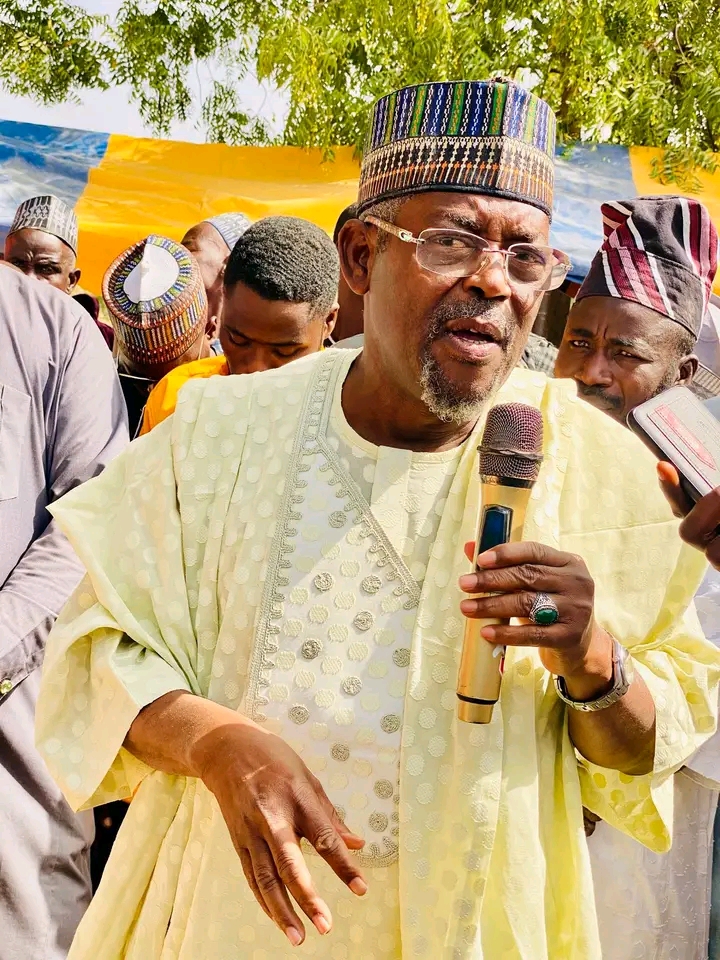Defections: Nigeria will never be a one-party state — Aniagwu
Delta State Commissioner for Works (Rural Roads) and Public Information, Mr. Charles Aniagwu, has dismissed concerns that Nigeria is slipping into a one-party state following the mass defection of members of the Peoples Democratic Party (PDP) to the All Progressives Congress (APC).
Speaking during an interview on TVC News, Aniagwu explained that the defection of Governor Sheriff Oborevwori and members of the Delta PDP to the APC was not from a position of weakness, but from a position of strength.
He likened remaining in the PDP to a brilliant student stuck in a department without accreditation from relevant regulatory bodies.
“Some individuals have expressed fears that Nigeria may be drifting towards a one-party system. That’s not going to happen,” Aniagwu said.
“For several reasons, Nigeria will not become a one-party state. Even as we find ourselves in the APC today, there are people who, over time, may align with other interests or political beliefs. Politics evolves; so do people.”
Drawing an analogy from the banking consolidation under the Obasanjo administration, he said, “In 2005, during the banking consolidation led by then CBN Governor Charles Soludo, banks were required to have a minimum of N25 billion in capital.
“Initially, there were 25 banks that met the threshold, the number shrank to 23. But today, the number has grown again. In politics, as in banking, growth leads to realignment, and more like-minded individuals will find each other.”
He stressed that political ideology is not formed overnight. “In Delta State, many of the people we are meeting in the APC today were once members of the PDP. So this is not just a realignment of forces it’s a family reunion.”
Aniagwu emphasized that political parties exist for the purpose of contesting elections, forming government, and delivering governance to the people.
“Nobody is contesting the fact that Governor Sheriff Oborevwori is performing well in Delta, nor is anyone disputing that the PDP previously held sway in the state. So, we didn’t move from weakness, we moved from a position of strength,” he said.
Explaining the rationale for the shift, he said: “We discovered that the vehicle we were in, that is the PDP had developed serious challenges. Initially, we thought it was just a flat tyre and tried to fix it with the help of political ‘vulcanizers.’ But as time went on, we realized it was a deeper issue as the brain box was compromised. And unfortunately, those who were supposed to fix it appeared to be introducing more problems instead.”
Referencing the 2019 Zamfara experience where the APC lost all its electoral victories due to internal party irregularities, Aniagwu said: “We took this decision in the best interest of our people. We didn’t want a situation where we win elections only to be disqualified due to administrative lapses from the party’s national leadership. That’s what happened in Zamfara, and we chose to avoid that risk.”
He further noted that as Nigeria’s number one oil-producing state, Delta contributes significantly to the national economy and must ensure that it gets its fair share of federal benefits.
“President Tinubu, even while we were in the PDP, showed Delta State genuine attention and support. That, combined with the dysfunction at the PDP national headquarters, led us to conduct a diagnosis and the prescription was clear: we had to leave.”
Concluding, Aniagwu clarified the nature of the political shift in Delta:“What happened in Delta wasn’t a mere defection. Defections are when individuals move. What happened here was a movement of an entire structure. So don’t call it defection. It was a strategic movement for the collective good.”
